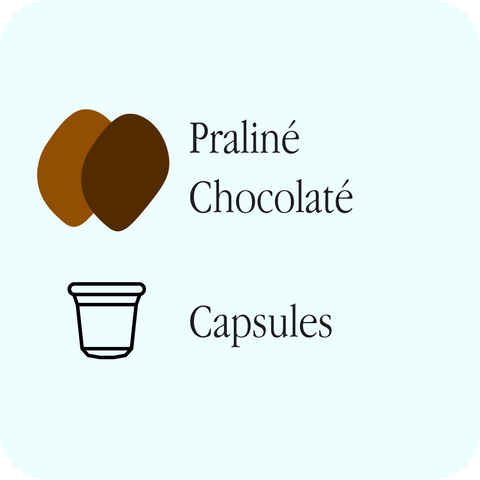

Saint-Henri - Zen Decaf capsules
Coffee beans
NESPRESSO CAPSULES
Notes - Milk chocolate, blackberry and hazelnut
Origin - Colombia
Process - Washed
Profiles - Praline and chocolate
In the washed process, the cherry pulp is removed using a mechanical pulper. The cherries are then soaked in a vat of fresh water for a period of time, typically 12 to 36 hours. During this time, fermentation develops, allowing the mucilage to detach from the bean. Fermentation also adds flavor to the coffee. Next, the beans are washed: that is, repeatedly rinsed with water to dislodge any pectin or fruit remaining on the bean. The beans are then dried before being sent for sorting and milling, where the remaining parchment on the beans is removed.
For this specific batch of coffee from the Caldas cooperative, fermentation was 36 to 40 hours and drying lasted 15 to 30 days on raised beds.
The decaffeination process used by Descafecol is an acetate-based process. The decaffeinating agent used is called ethyl acetate and is derived from a mixture of acetic acid (vinegar) and a natural extract distilled from sugarcane, blackberries, beets, or sometimes grapes. This direct-solvent process means that the beans are first steamed to expand their pores, then rinsed repeatedly in ethyl acetate to remove the caffeine. The beans are then dried, but not completely, until 10 to 12% moisture remains.

